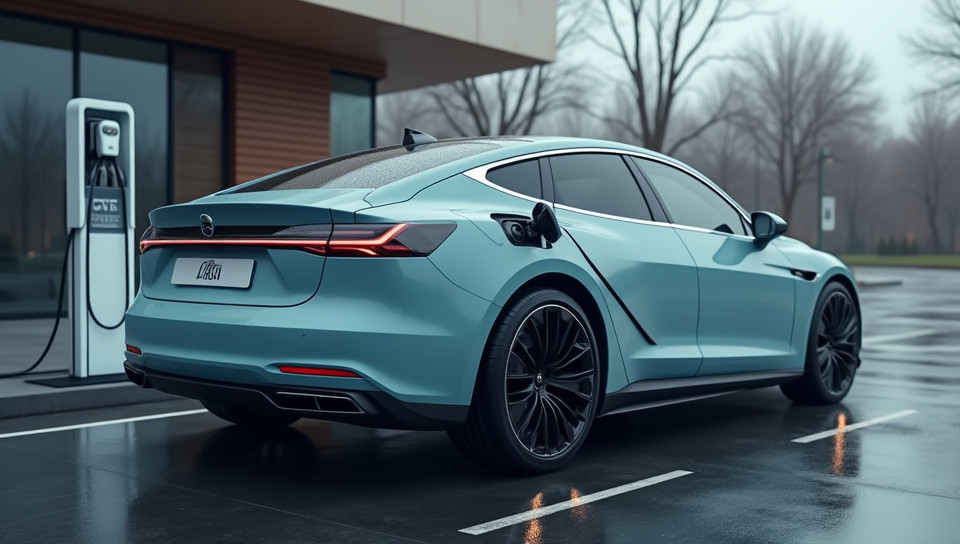Home charging stations are designed to optimize car's battery health 77%

Optimizing Your Ride, One Charge at a Time
As electric vehicles continue to gain popularity, car owners are becoming increasingly concerned about the health of their batteries. A well-maintained battery is essential for a long and trouble-free driving experience, and home charging stations play a crucial role in achieving this goal. In this article, we'll explore how home charging stations are designed to optimize your car's battery health.
The Importance of Battery Health
Battery health refers to the overall condition of an electric vehicle's batteries, including their capacity to hold a charge, their ability to deliver power efficiently, and their lifespan. A healthy battery is crucial for several reasons:
- It ensures optimal performance and range
- Reduces the risk of premature degradation
- Saves you money on replacement costs
How Home Charging Stations Optimize Battery Health
Home charging stations are designed with advanced technology that helps optimize your car's battery health in several ways.
Smart Charging Algorithms
Many home charging stations come equipped with smart charging algorithms that monitor and control the charging process to ensure it's optimized for your car's specific needs. These algorithms can:
- Prevent overcharging, which can reduce battery lifespan
- Maintain a healthy charge level during off-peak hours
- Adapt to changes in your driving habits and schedule
Real-Time Monitoring
Home charging stations often come with real-time monitoring capabilities that allow you to track your car's charging progress, battery health, and energy consumption. This information is invaluable for identifying potential issues early on and making informed decisions about your charging routine.
Investing in Your Car's Future
By investing in a home charging station, you're not only reducing your carbon footprint but also taking proactive steps to protect your car's battery health. A well-maintained battery will reward you with:
- Improved performance and range
- Reduced maintenance costs
- Increased resale value
Conclusion
Home charging stations are more than just a convenient way to charge your electric vehicle at home – they're an essential tool for maintaining the health of your car's batteries. By investing in a high-quality home charging station, you'll enjoy optimal battery performance, reduced maintenance costs, and a longer driving experience. So why wait? Take control of your car's future today and discover the benefits of home charging stations designed to optimize your ride!
- Created by: Sophia Navarro
- Created at: Aug. 14, 2024, 11:03 p.m.
- ID: 7170
